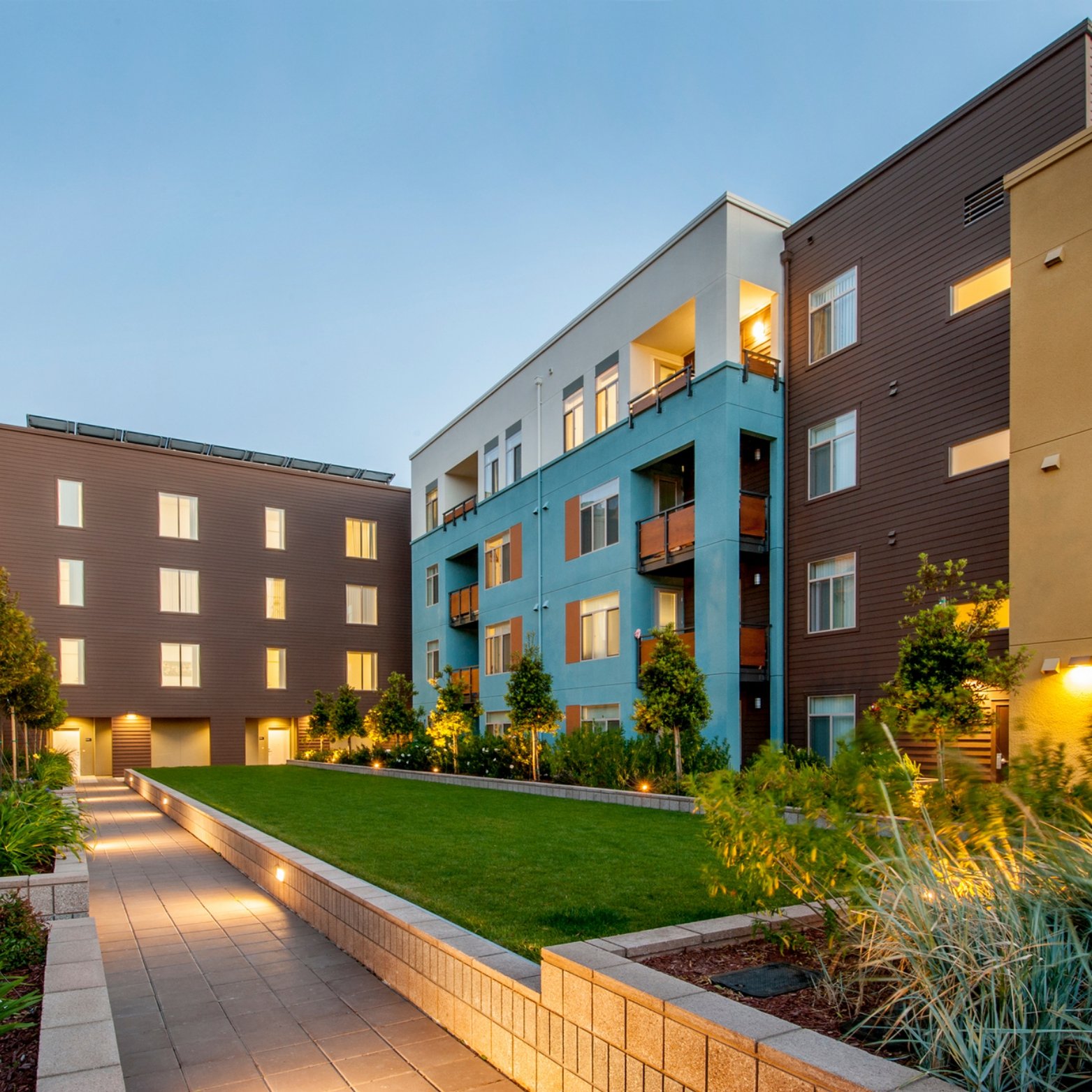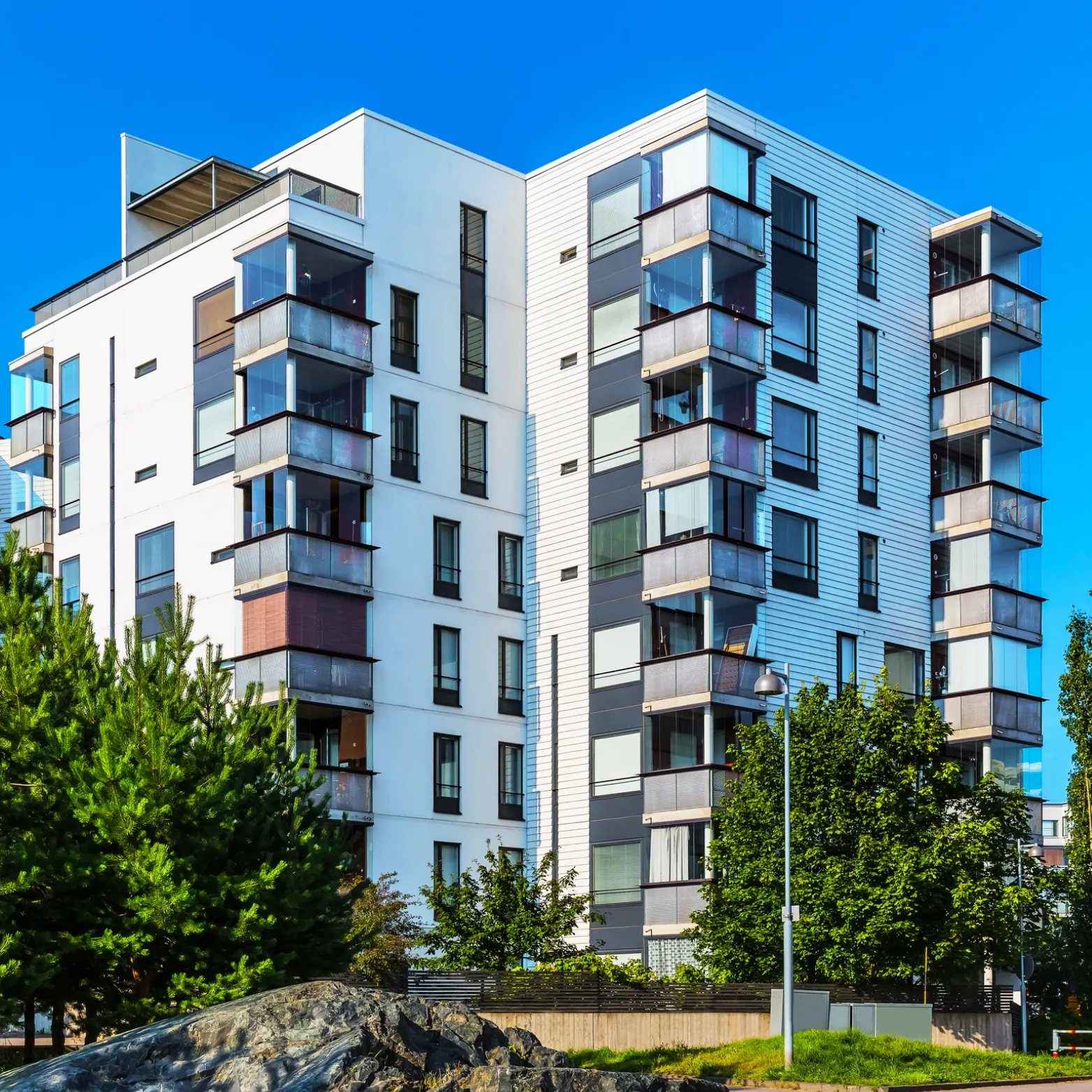
Renting your first apartment or house is an exciting milestone, but it can also be a daunting experience. Dealing with lease agreements, budgeting for rent and utilities, and understanding tenant rights are just a few of the challenges new renters face. This blog offers essential tips to help first time renters make informed decisions and enjoy a smooth transition to independent living.
1. Understanding Your Budget
Before starting your rental search, it’s vital to establish a clear budget. Consider the following factors:
- Monthly rent: Assess how much you can afford based on your income and other financial obligations.
- Utility costs: These include electricity, water, internet, and gas, which can vary depending on the property and usage.
- Security deposit: Typically required upfront and may equal one or more months’ rent.
- Moving expenses: Hiring movers or renting a truck, packing supplies, and travel costs should be factored in.
- Renters’ insurance: Provides coverage for personal belongings and liability protection.
A general rule of thumb is to allocate no more than 30% of your monthly income to rent. This ensures you can comfortably cover other living expenses such as groceries, transportation, and entertainment.
2. Choosing the Right Location
The location of your rental property plays a significant role in your daily life. When evaluating potential areas, consider:
- Proximity to work or school: A shorter commute saves time and money on transportation.
- Access to public transportation: Availability of buses, trains, or bike-friendly routes is essential if you don’t drive.
- Nearby resource: Grocery stores, hospitals, restaurants, gyms, and parks can impact your quality of life.
- Safety and crime rates: Research local crime statistics and talk to current residents to get a better understanding of the neighborhood.
- Future developments: Construction projects or changes in infrastructure can affect property values and lifestyle in the area.
It’s a good idea to visit the area at different times of the day to gauge noise levels, traffic, and overall ambiance.
3. Understanding Lease Agreements
A lease agreement is a legally binding contract between you and your landlord. Always read the lease thoroughly before signing and clarify any uncertainties. Key elements to review include:
- Lease duration: Determine whether it is a short term (month-to-month) or long term (6-12 months or more) lease.
- Rent payment terms: Understand due dates, acceptable payment methods, and late fees.
- Maintenance responsibilities: Clarify who is responsible for repairs and regular upkeep.
- Rules on subletting and guests: Some leases have restrictions on how long guests can stay or whether you can sublease.
- Penalties for breaking the lease early: Find out the process and any associated fees if you need to move out before the lease ends.
If you have any concerns, negotiate terms before finalising the agreement to ensure mutual satisfaction.
4. Inspecting the Property
Before moving in, conduct a thorough inspection to identify any pre existing issues. Create a checklist covering:
- Structural integrity: Check walls, floors, and ceilings for cracks, water damage, or signs of wear.
- Plumbing and electrical systems: Test faucets, toilets, and outlets to ensure they function correctly.
- Appliances and fixtures: Verify that appliances such as stoves, refrigerators, and heating systems work properly.
- Heating and cooling systems: Inspect the HVAC system for efficiency and performance.
- Signs of pests or mold: Look for droppings, musty odors, or visible mold spots.
Document any damages with photos and report them to the landlord to avoid disputes later when moving out.
5. Building a Good Relationship with Your Landlord
A positive landlord-tenant relationship can make your renting experience more enjoyable. To build a good relationship:
- Maintain open communication: Address concerns and requests politely and promptly.
- Pay rent on time: Timely payments build trust and credibility.
- Follow property rules: Adhere to lease terms regarding noise, pets, and maintenance.
- Report issues early: Prevent minor problems from escalating by reporting them promptly.
Establishing a friendly yet professional relationship with your landlord can lead to a more flexible and accommodating rental experience.
6. Preparing for the Move In Process
Once you’ve secured a rental, plan your move carefully by:
- Scheduling movers or renting a truck: Book services in advance to avoid last minute stress.
- Setting up utilities: Arrange for electricity, water, and internet services before moving in.
- Updating your address: Notify banks, employers, and subscriptions about your new address.
- Familiarising yourself with property rules: Understand regulations regarding parking, trash disposal, and common areas.
Creating a moving checklist can help ensure you don’t overlook any important steps.
7. Handling Maintenance and Repairs
Know the proper channels for requesting repairs and understand what falls under your responsibility.
- Report issues in writing: Keep a record of maintenance requests for reference.
- Follow up on pending repairs: Ensure that repairs are completed within a reasonable time.
- Understand routine vs. emergency maintenance: Know what qualifies as an urgent issue.
Taking a proactive approach to maintenance can prevent larger problems down the line.
8. Planning for the End of Your Lease
When approaching the end of your lease, consider the following:
- Giving proper notice: Check lease terms to determine how much notice is required before moving out.
- Conducting a final inspection: Walk through with your landlord to address any issues.
- Cleaning thoroughly: Ensure the unit is clean to maximise your deposit refund.
- Collecting all your belongings: Don’t forget items in closets or storage spaces.
Following these steps can help facilitate a smooth transition to your next home.
9. Staying Safe and Secure
Your safety is paramount while renting. Enhance security by:
- Installing additional locks if permitted: Secure doors and windows properly.
- Being cautious with strangers: Verify the identity of service personnel.
- Keeping emergency contacts handy: Know who to call in case of an emergency.
- Familiarising yourself with evacuation procedures: Have a plan in place for fire or natural disasters.
10.Tenant’s Rights
As a tenant, you have specific legal rights that protect you during your rental period. These typically include:
- Right to a Habitable Home- Under UK law, landlords are required to ensure the property is safe and in good condition. This includes providing adequate heating, plumbing, and structural integrity. Landlords must also address issues, such as mold, dampness, and faulty wiring.
- Right to Privacy- Landlords are required to give suitable notice before entering a tenant’s property. The only exception is in the case of an emergency. Tenants have the right to quiet enjoyment of their home without unnecessary interference.
- Right to Challenge Rent Increases- Tenants can challenge unfair rent increases by going to a rent tribunal if they think the increase is too high or not fair compared to similar properties.
- Right to Repairs- Landlords are legally obligated to carry out necessary repairs to keep the property in a livable condition. This includes fixing issues related to heating, water supply, and structural damage.
11.Tenant’s Responsibilities
While tenants have rights, they also have responsibilities to ensure the smooth running of their tenancy, including:
- Paying Rent on Time- Tenants are legally required to pay rent on time as per the agreement. If you don’t, you risk being arrested.
- Keeping the Property in Good Condition- Tenants must take reasonable care of the property, avoiding damage beyond normal wear and tear, and promptly reporting any maintenance issues to the landlord.
- Allowing Access for Repairs and Inspections- Tenants should allow landlords access to the property for necessary repairs and inspections, provided reasonable notice is given.
- Not Subletting Without Permission- Most tenancy agreements prohibit subletting without the landlord’s written consent. Unauthorised subletting could result in eviction.
Conclusion
Renting a property requires careful planning and attention to detail, but by following these essential tips, tenants can ensure a smooth and enjoyable living experience. Being well informed, proactive, and communicative will help you build a positive rental history and create a comfortable home environment.



